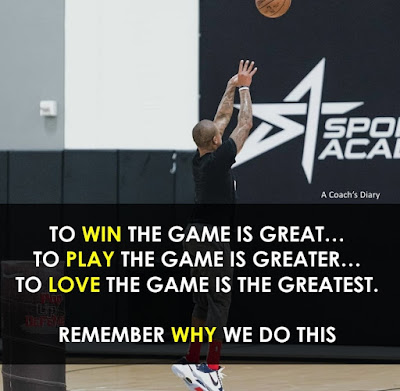Are We Pressuring Athletes to Perform Too Fast, Too Much, Too Soon

I was reading an article last night from WeAreTeachers.com that made the claim that we are pressuring our kids to read to much, too fast, and too soon, and it made me think about the youth sports world, my own family, and whether or not we put too much pressure on our kids athletically too fast and too soon. The article claims that reading has long been a privilege and a way to pass time and share culture, but it has recently become a forced method of information acquisition. This made me think of a quote by Kobe Bryant where he said that "Sports used to be something that kids go out and do for fun. But now it’s become so regimented where parents start to inject their own experiences or past failures onto their children, and it just takes the fun out of it.” I have three young daughters who I am trying to teach to love sports, but it is a struggle for me to let go and let them own their experience. I specifically struggle with how much should I teach and push them...





















